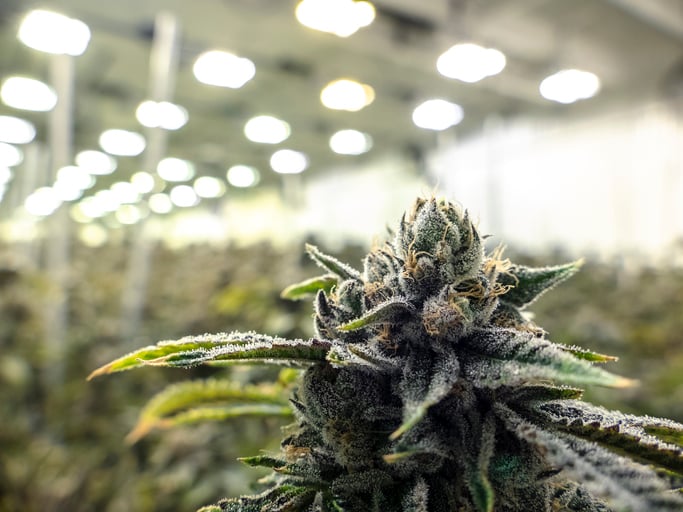What happened
Canadian pot stocks are getting hit hard across the board today. As of 1:21 p.m. EDT, for example, shares of Canopy Growth Corporation (CGC 2.46%) and Cronos Group (CRON 2.12%) were both down by 11.2%, whereas Tilray's(TLRY +0.00%) stock had fallen by 14.4%. What's going on?
Canopy, Cronos, and Tilray all seem to be succumbing to a so-called "sell the news" event. On Oct. 17, Canada officially opened the floodgates to allow adults to use marijuana for recreational purposes. Since then, however, Canopy, Cronos, and Tilray have all seen their share prices fall in dramatic fashion.

Image Source: Getty Images.
So what
This widespread sell-off shouldn't be all that surprising to investors. Shares of these first three cannabis pioneers to list on major U.S. exchanges were going absolutely gangbusters leading up to this pivotal event. As a result, Canopy, Cronos, and Tilray had amassed a combined market capitalization of about $28 billion in the week prior to Canada's official end to cannabis prohibition.
The underlying problem, however, is that Canadian pot sales -- medical and recreational combined -- are expected to peak at about $10 billion. And the far more lucrative United States market will probably remain off-limits, for the most part, until another administration takes office. In short, Canopy, Cronos, and Tilray all appear to have gotten way ahead of themselves from a valuation standpoint in the buildup to Canada's move to legalize weed.
Now what
Unfortunately, these three names may not find a solid bottom anytime soon. The harsh reality is that the marijuana boom has inflated the valuations of Canopy, Cronos, and Tilray to what appear to be unsustainable levels -- at least based on a fundamental outlook. Tilray, for instance, has seen its stock trade at over 90 times forward-looking earnings this month. That's a stretched valuation by any measure.
The bottom line here is that investors may want to stick to the sidelines until valuations in the red-hot Canadian pot space have reverted to the mean. This emerging industry definitely has a bright future, but there's still a lot of work to be done before these awe-inspiring valuations are arguably justifiable on a fundamental basis.







